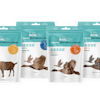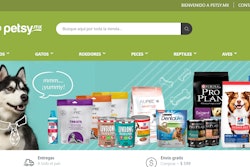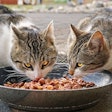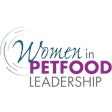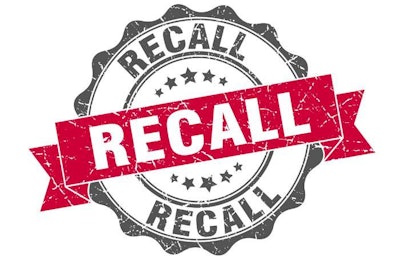
Pet foods may receive particular scrutiny from U.S. Food and Drug Administration inspectors, since regulators may view pets as vulnerable populations, said one pet food safety consultant. This puts pet food companies at greater risk for recalls, as it does with baby food. During those recalls, pet food and treat companies can minimize health risks to dogs, cats and other animals, along with damage done to brands’ reputations, by following strategies outlined by Chris Harvey, director of recall solutions for Stericycle Expert Solutions.
“Pet food companies need to live their commitment to pet safety by communicating openly, actively participating in investigations, conducting their own research, and taking swift, decisive action if and when a safety or health risk has been identified,” he said. “For example, companies should have data and research to back the health claims for trending diets like raw food or grain-based diets. Adequate quality controls processes must be in place.”
When a suspected pet health issue does arise, companies should actively participate in the investigation, he said. Appearing open and cooperative during a recall matters to pet owners. Pet food company executives must avoid doing anything that looks like delaying or stonewalling. Pet owners will perceive these actions as resulting in additional pet illness and death, and the cast will be lost customers, a damaged reputation and likely further legal and regulatory action.
Preparing for pet food and treat recalls
“One of the most challenging aspects about pet food recalls actually comes before the event itself,” Harvey said. “There is often a lag between pets getting sick and a determination that their food is the cause.”
Unless symptoms clearly result from eating a particular product, making the connection between that food or treat and a pets’ illness can be difficult, he said.
“We're left testing, hypothesizing, and sometimes really struggling to figure out what's wrong.” Harvey said. “It can also be difficult to connect the dots between cases and confirm that the food is the root cause.”
“That’s why planning for a recall is so critical,” he said. “Because once you decide to go down that path, you better get it right if you want a chance at saving your reputation or, if you’re a small manufacturer, even staying in business.”

